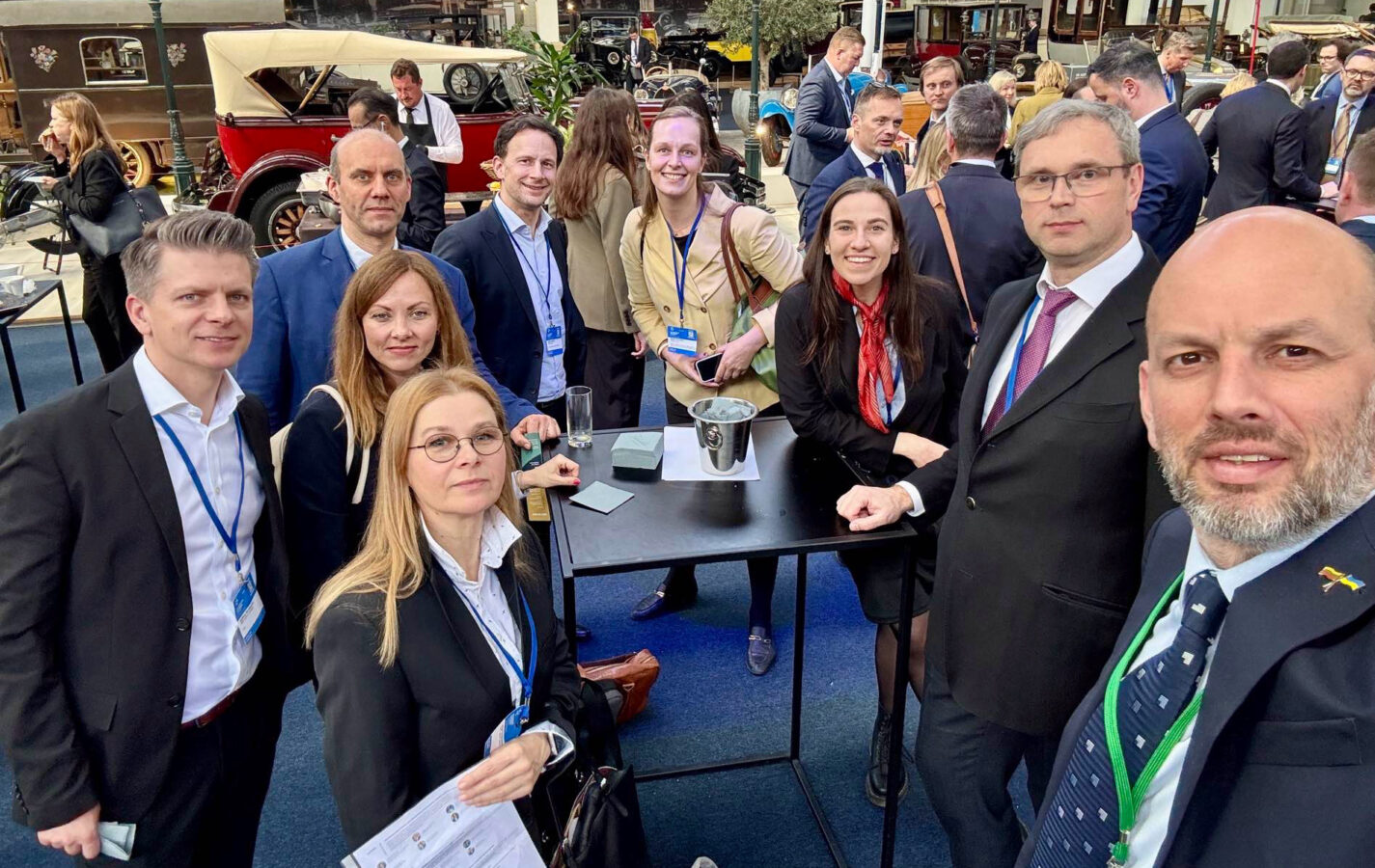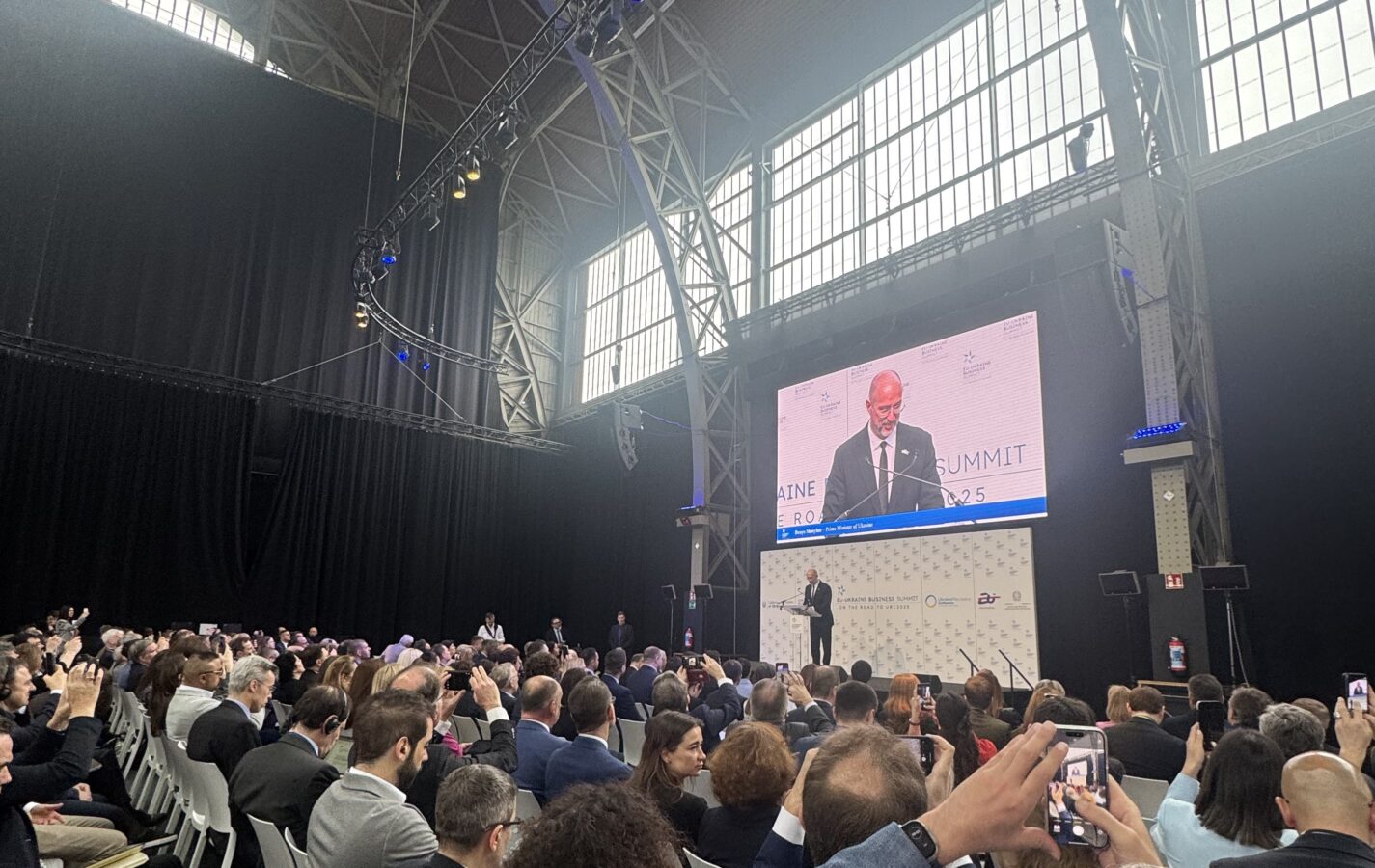Type in a search word
What are you looking for
European Commission debate on Ukraine’s reconstruction: a key role for Lithuanian business
The Italian Government and the European Commission co-hosted the fourth International Conference on Ukraine’s Reconstruction in Rome. The event focused on concrete opportunities for EU Member States and the private sector to contribute to one of the most ambitious projects of this decade – the reconstruction of war-torn Ukraine.
According to the European Commission, around 13% of Ukraine’s total housing stock – approximately 170 million m² – has been destroyed or severely damaged. This equates to nearly 2.4 million apartments in need of reconstruction or renovation.
Lithuanian business: a solid foundation for Ukraine’s recovery
According to Lithuania’s Ministry of Foreign Affairs, the Government of Lithuania has adopted the Strategic Guidelines for Engagement in Ukraine’s Reconstruction 2024–2027, aiming to ensure effective and consistent participation of Lithuanian institutions, businesses, and NGOs in Ukraine’s reconstruction efforts.
European Commission President Ursula von der Leyen announced a new €2.3 billion package of agreements with international and bilateral public funding institutions to support Ukraine’s recovery. This package is expected to open the door to further investments.
Ukraine’s Deputy Prime Minister for Reconstruction, Oleksiy Kuleba, emphasized that the conference served as a platform to showcase the results of ongoing recovery efforts and the transparent management of investments. International partners, he noted, reaffirmed their readiness to invest in Ukraine’s recovery – this commitment was demonstrated through newly signed initiatives and agreements worth over €3.5 billion.
“The competencies of the Lithuanian business sector can significantly contribute to Ukraine’s reconstruction – not only in restoring physical infrastructure like buildings, roads, bridges, and public institutions, but also by providing services such as planning, consultancy, technological solutions, and expertise sharing. These are all essential for a sustainable and long-term recovery,” says Mr. Mitkus.
Lithuania offers what the European Commission is looking for
“The construction materials, panel renovation technologies, and design methodologies currently used by VMG Lignum Systems enable Ukraine to adopt best EU practices – working quickly, maintaining high quality, and minimizing environmental impact,” says Justinas Bortkevičius.
He highlights that panel renovation is a modern and sustainable method of building renovation. This innovative approach reduces on-site construction work while ensuring high energy efficiency.
According to Mr. Bortkevičius, the company is not only developing panel-based renovation solutions but also a new building system using factory-produced panels. This technology allows for the rapid renovation of existing buildings as well as the construction of new or severely damaged structures.
He adds that Lithuanian businesses are known for their flexibility, innovation, and ability to quickly develop practical solutions – qualities that are critical for Ukraine’s reconstruction.
“Lithuania can offer what the international community is looking for: efficient solutions and a strong sense of responsibility in implementing reconstruction projects in Ukraine,” Mr. Bortkevičius stresses, highlighting the credibility and capability of Lithuanian companies in international recovery efforts.
An opportunity to help and strengthen regional resilience
Rebuilding Ukraine is not just a humanitarian mission – it is also an opportunity to build a sustainable, forward-looking future. Lithuania’s Ministry of Foreign Affairs continues to promote the country as a digital, green, and resilient partner in global initiatives.
The partnership with Ukraine is seen as a strategic investment in both the country’s future and the broader region’s economic development. As reconstruction efforts and international business forums continue, Lithuanian companies are expected to remain actively involved, contributing their expertise to shared European and global goals.


